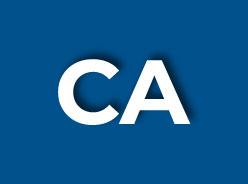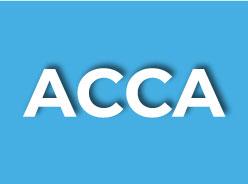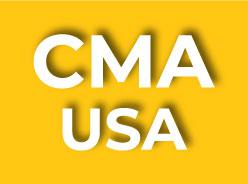The advanced professional certification of Certified Management Accountant (CMA) provides a strong base over critical accounting and financial management, thereby becoming the most demanded ones in the modern business world. With an average study time of 12-18 months, the CMA qualification helps you to acquire knowledge of various business dimensions. For CMA certification, you should have Membership of IMA, a Bachelor’s degree from an accredited university, two years of relevant experience and pass both the parts of CMA Exams.
Planning & Execution: The ability to monitor the performance, handle the risk as well as prefer decisions according to it.
Evaluation and Control: Creating reports by measuring the performance of the organization against standards and regulations.
Leadership: Inspires the team members, thereby achieving the goals of the organization.
Technology: Make use of the modern technology and analytics for your organization.
With the numerous jobs after CMA, know the demanding one that matches your interests and that allows you to practice key CMA skills. Find the best one for you NOW.
Corporate Controller
A controller directs the accounting functions of the given organization, and ensures accuracy. Major functions of a corporate controller are providing reports for decision-making purposes, working with external auditors, handling the budgeting process, and looking over the compliance and regulatory issues. It opens up a great way to learn about a particular industry, deep-dive into the financials of the company.
Financial Analyst
More than traditional accounting tasks, a financial analyst handles the analysis and forecasting. Forecasting revenue, expenses and other important outcomes for a business are the major tasks of a financial analyst. While commencing a new product, the financial analyst deals with the company's capital budgeting needs, and also the return of business.
Cost Accountant
For a business-related organization, the Cost accountant deals with recording and analyzing each cost. They identify the unnecessary loss of money of the company and improve the financial management. Preparing asset, liability, and capital account entries, documenting financial transactions are some of the works of a cost accountant.
Chief Financial Officer (CFO)
Oversees the financial reporting, investments, and financial business decisions, the CFO is one of the top positions in the business. Tracking cash flow, analyzing the strengths and weaknesses, and proposing corrections to improve are the major duties. Experience is a major part of becoming a CFO, but CMA is the first and fast track.
Financial Risk Manager
Financial Risk Managers foresee the future changes that could affect the company and implement plans based on that. The analytical and decision-making skills bring strategic plans to withstand the changes.
Decided your future goals,
Click to read our more blogs on CMA, “CMA (USA) What Is It And Why Is It Growing In Importance?”

 ABOUT LAKSHYA
ABOUT LAKSHYA  WHY CHOOSE LAKSHYA
WHY CHOOSE LAKSHYA  MISSION AND VISION
MISSION AND VISION  CHARTERED ACCOUNTANCY (CA)
CHARTERED ACCOUNTANCY (CA)  ACCA
ACCA  CMA-USA
CMA-USA  RESULTS
RESULTS 


